Unlocking The Value Of Your Treasures: A Comprehensive Guide To Jewelry Assessment
Unlocking the Value of Your Treasures: A Comprehensive Guide to Jewelry Assessment
Related Articles: Unlocking the Value of Your Treasures: A Comprehensive Guide to Jewelry Assessment
Introduction
With great pleasure, we will explore the intriguing topic related to Unlocking the Value of Your Treasures: A Comprehensive Guide to Jewelry Assessment. Let’s weave interesting information and offer fresh perspectives to the readers.
Table of Content
Unlocking the Value of Your Treasures: A Comprehensive Guide to Jewelry Assessment
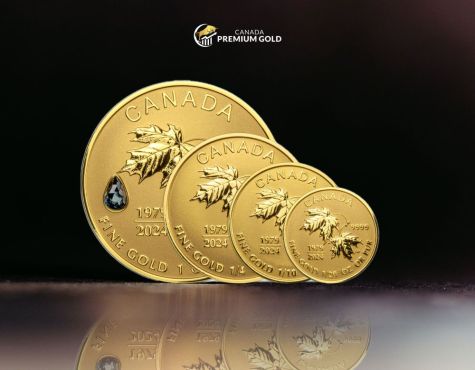
In a world where heirloom pieces, sentimental gifts, and cherished possessions hold immense personal and often monetary value, understanding their true worth is crucial. Jewelry assessment, a process that evaluates the intrinsic value of jewelry items, plays a vital role in unlocking the hidden potential of these precious assets. This comprehensive guide delves into the intricacies of jewelry assessment, exploring its significance, benefits, and practical aspects.
Understanding Jewelry Assessment: A Deeper Dive
Jewelry assessment involves a meticulous examination of a piece by a qualified professional, typically a gemologist or appraiser, who possesses extensive knowledge of precious metals, gemstones, and the jewelry market. The process goes beyond a mere visual inspection, encompassing a thorough analysis of various factors:
1. Material Identification: Determining the type of metal used in the jewelry, whether it’s gold, silver, platinum, or other alloys, is paramount. The assessment involves testing the metal’s purity and caratage, ensuring accurate identification.
2. Gemstone Evaluation: Gemstones are the heart of many jewelry pieces. An expert appraiser examines their characteristics, including:
* **Clarity:** The presence or absence of inclusions (internal imperfections) and blemishes (external flaws) significantly impacts the value.
* **Color:** The hue, saturation, and tone of a gemstone play a crucial role in its desirability and price.
* **Cut:** The way a gemstone is cut influences its brilliance, fire, and overall beauty, directly impacting its value.
* **Carat Weight:** The weight of a gemstone, measured in carats, is a primary determinant of its value.3. Design and Craftsmanship: The aesthetic appeal, intricacy, and historical significance of the design contribute to the overall value. A well-executed piece by a renowned designer or from a specific era can command a higher price.
4. Condition: The condition of a piece, including wear and tear, damage, or repairs, influences its value. A pristine piece in excellent condition will generally be more valuable than a piece with significant signs of wear.
5. Market Trends: The jewelry market is constantly evolving. Current trends, demand for specific styles, and the availability of similar pieces influence the value of a particular item.
The Significance of Jewelry Assessment:
1. Establishing True Value: A professional assessment provides an accurate and unbiased estimate of the current market value of your jewelry. This information is crucial for various purposes, including:
* **Insurance:** An accurate assessment ensures adequate insurance coverage for your precious items, safeguarding you against financial loss in case of theft, damage, or loss.
* **Estate Planning:** Understanding the value of your jewelry allows for proper allocation and distribution of assets within an estate plan, ensuring fairness and clarity for beneficiaries.
* **Selling or Gifting:** Knowing the true value of your jewelry empowers you to make informed decisions when selling or gifting it, ensuring you receive fair compensation or make a meaningful gesture.
* **Collection Management:** For collectors, an assessment provides valuable insights into the worth of their collection, aiding in investment decisions and preservation strategies.2. Providing Documentation: A professional assessment typically includes a written report detailing the findings, including descriptions, measurements, and photographic documentation of the jewelry. This report serves as official proof of the item’s authenticity and value, crucial for legal and financial purposes.
3. Gaining Expert Advice: A qualified appraiser can provide valuable advice on the care, maintenance, and preservation of your jewelry, ensuring its longevity and value. They can also guide you on appropriate cleaning methods and storage solutions to protect your precious pieces.
Finding the Right Jewelry Assessor Near You:
Choosing the right jewelry assessor is crucial for obtaining accurate and reliable results. Look for a professional with the following qualifications:
- Certification: Seek an appraiser certified by reputable organizations like the American Society of Appraisers (ASA) or the Gemological Institute of America (GIA).
- Experience: Opt for an appraiser with extensive experience in assessing jewelry, especially in the specific type of jewelry you wish to have evaluated.
- Reputation: Check the appraiser’s reputation and track record, looking for positive reviews and recommendations from previous clients.
- Specialization: Consider an appraiser who specializes in the type of jewelry you own, whether it’s antique, modern, or estate jewelry.
FAQs About Jewelry Assessment:
1. What is the cost of a jewelry assessment?
The cost of a jewelry assessment varies depending on the complexity, size, and number of items being assessed. Appraisers typically charge by the hour or per item, with fees ranging from a few hundred to several thousand dollars.
2. How often should I have my jewelry assessed?
It’s generally recommended to have your jewelry assessed every 3-5 years, especially for valuable pieces. Market fluctuations and changes in insurance policies necessitate periodic reassessments to ensure adequate coverage and accurate valuation.
3. Do I need to clean my jewelry before an assessment?
While it’s not mandatory, cleaning your jewelry before an assessment can enhance the appraiser’s ability to accurately assess its condition and value. A clean piece allows for a clearer view of the details and any potential flaws.
4. What should I bring to a jewelry assessment?
Bring all relevant documentation, including original receipts, certificates of authenticity, and any previous appraisals. Also, include any information about the piece’s history, such as its origin or provenance.
5. Can I get a jewelry assessment online?
While online assessments are available, they are often less comprehensive and may not be as accurate as in-person assessments. For valuable pieces, it’s recommended to seek a professional in-person appraisal.
Tips for Jewelry Assessment:
- Research Thoroughly: Before selecting an appraiser, research their credentials, experience, and reputation. Look for online reviews and testimonials to gauge their professionalism and expertise.
- Prepare for the Appointment: Gather all relevant documentation, including receipts, certificates, and previous appraisals. Clean your jewelry to ensure a clear view of its condition.
- Ask Questions: Don’t hesitate to ask the appraiser questions about their process, fees, and any concerns you have. Clarify any uncertainties to ensure a smooth and transparent assessment.
- Compare Quotes: Get quotes from multiple appraisers to compare their fees and ensure you’re receiving a fair price for the service.
- Review the Report: Carefully review the assessment report, ensuring it accurately reflects the details of your jewelry and its value. Clarify any discrepancies or questions with the appraiser.
Conclusion:
Jewelry assessment is not just a luxury but a vital step in safeguarding your precious assets. It provides a comprehensive understanding of their true value, allowing you to make informed decisions regarding insurance, estate planning, selling, or simply appreciating their worth. By choosing a qualified and reputable appraiser, you can unlock the hidden potential of your jewelry and ensure its value is recognized and protected.
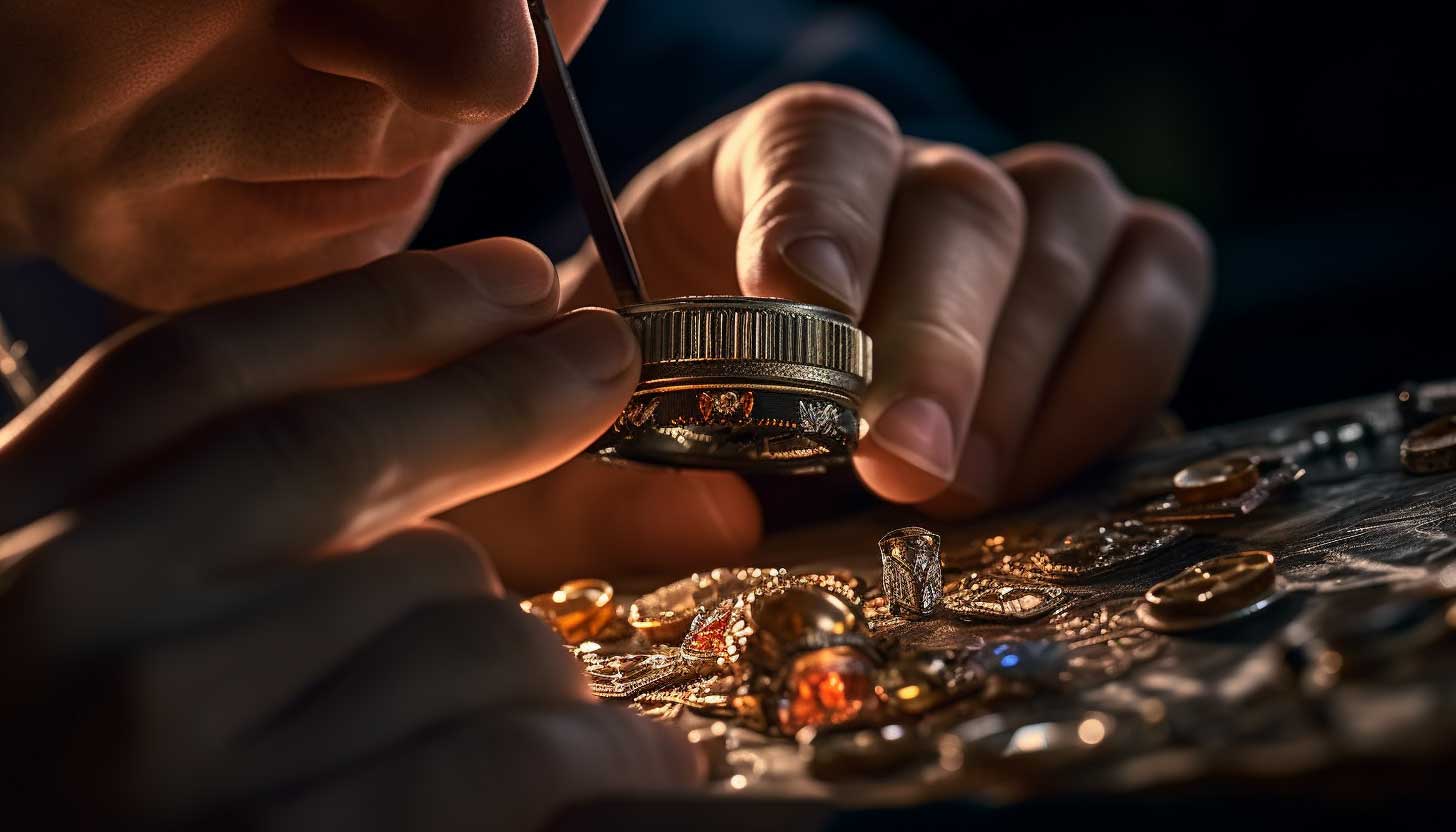
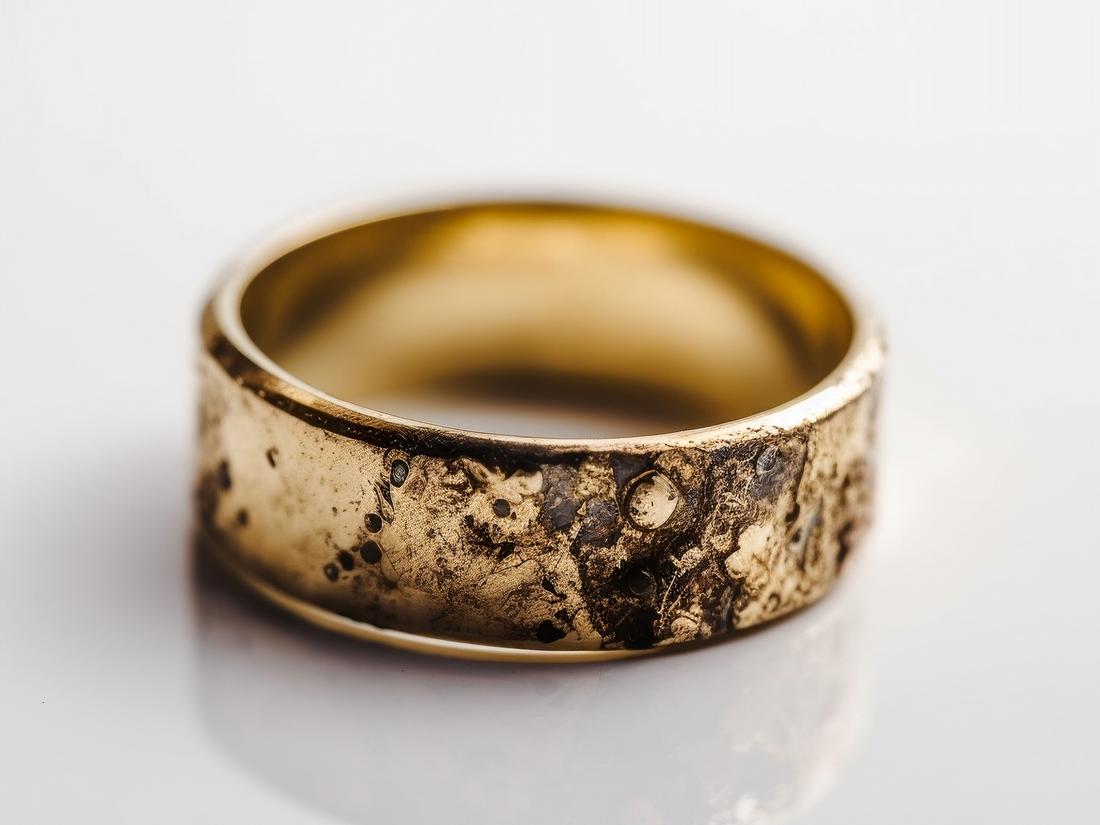
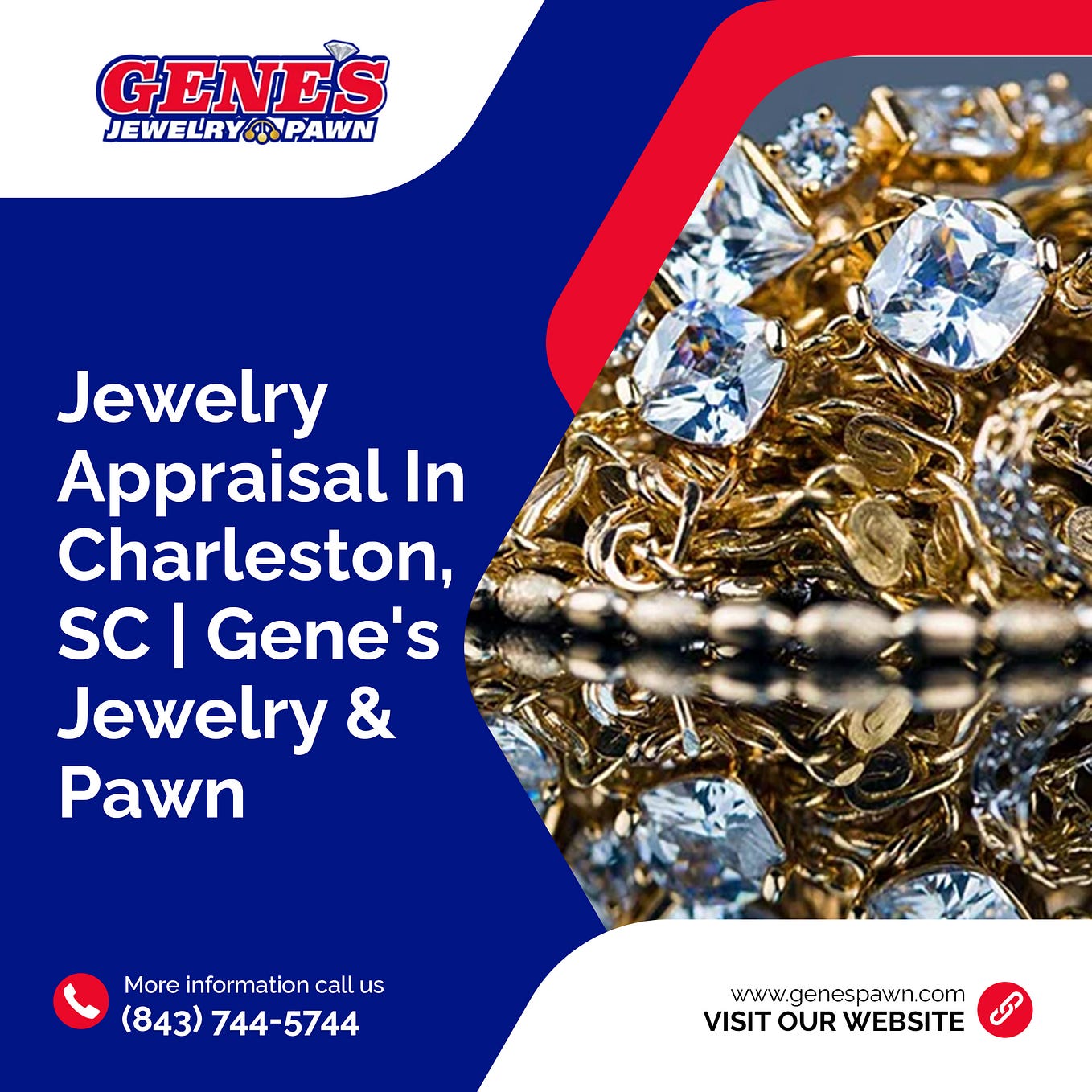
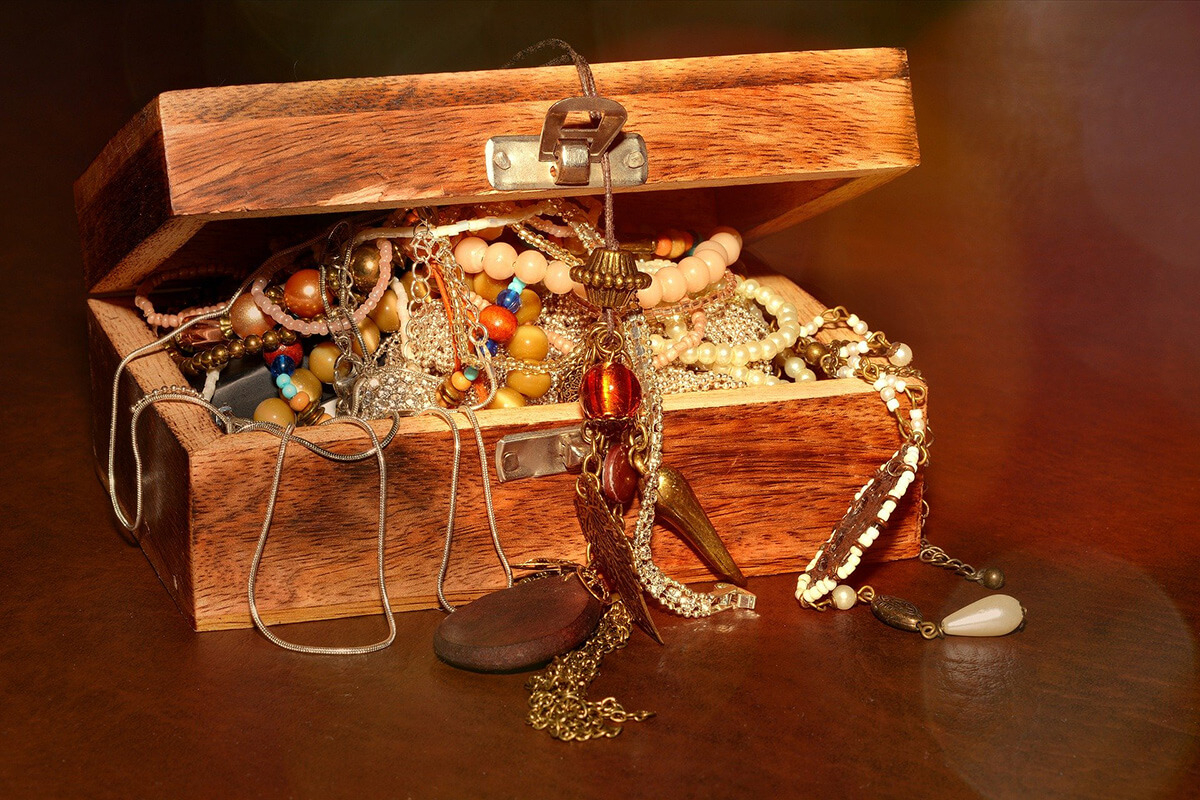

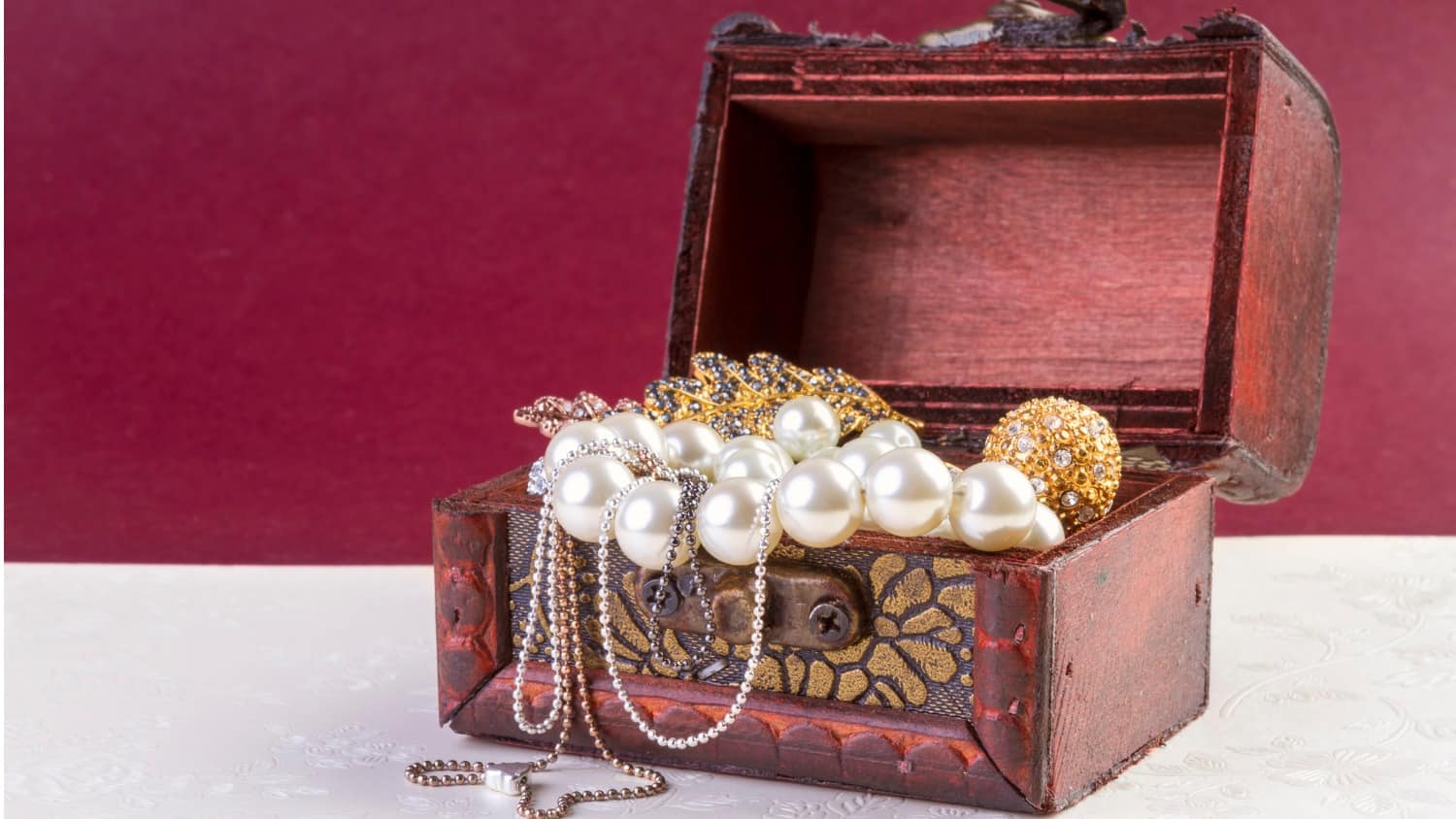
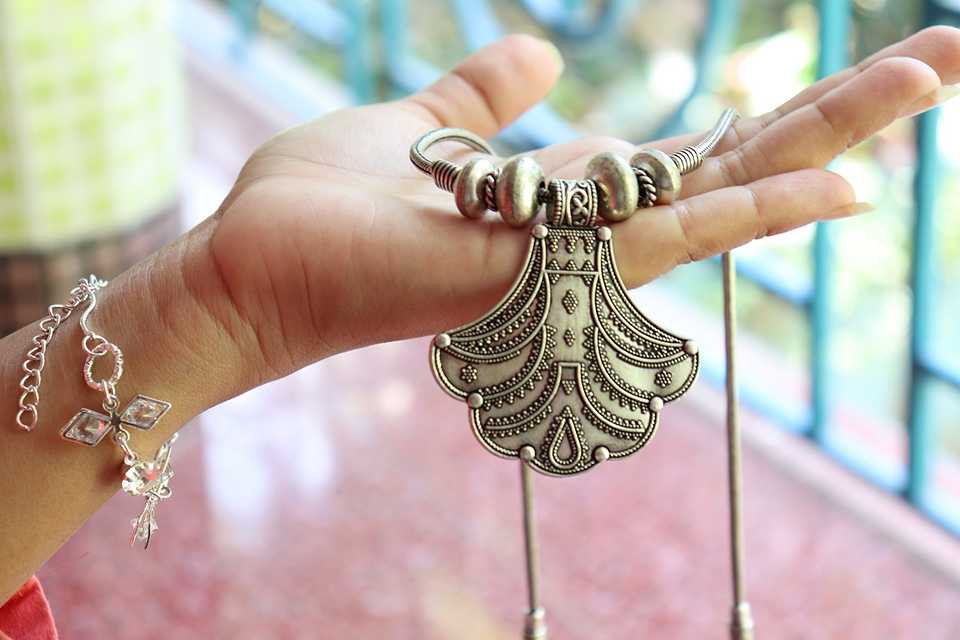
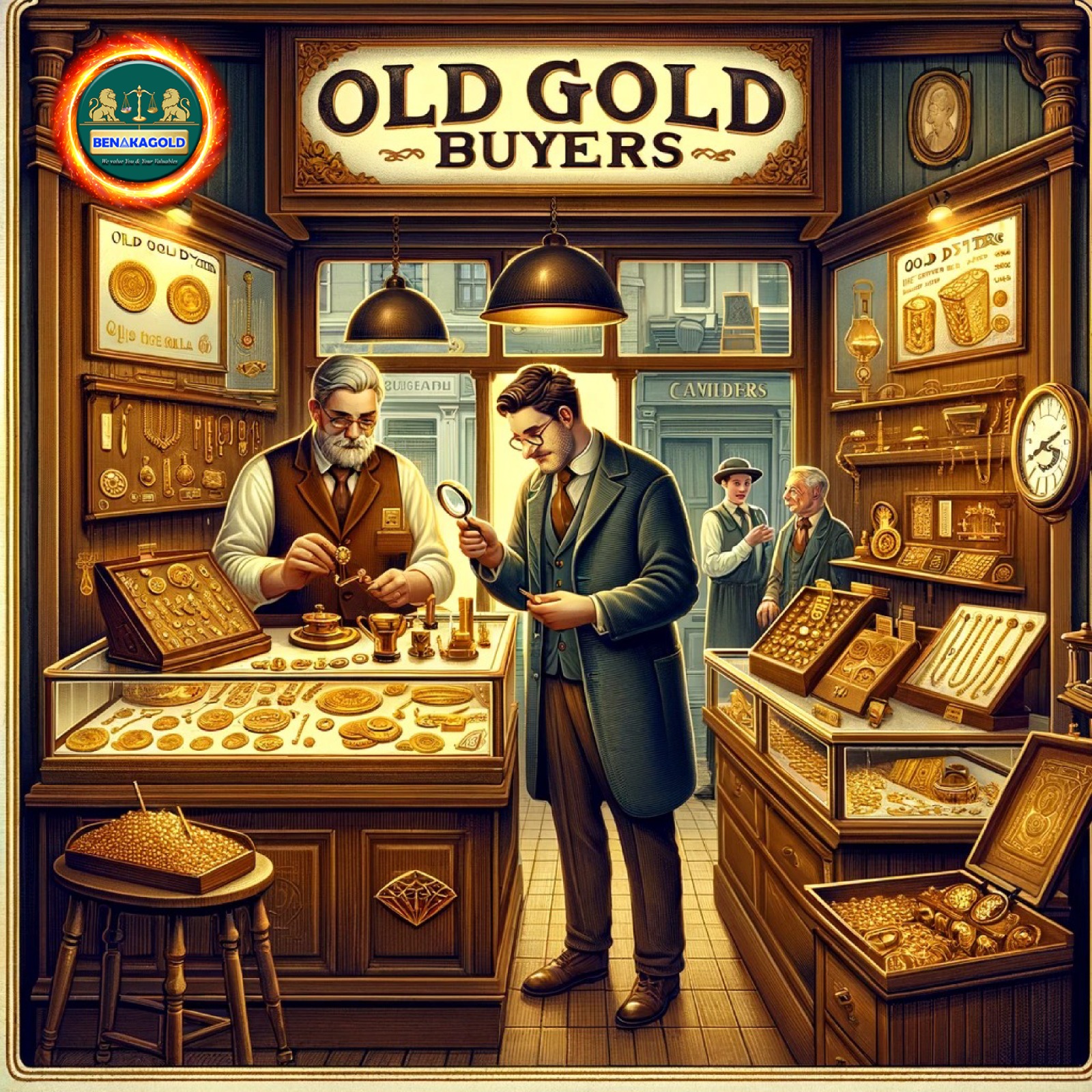
Closure
Thus, we hope this article has provided valuable insights into Unlocking the Value of Your Treasures: A Comprehensive Guide to Jewelry Assessment. We thank you for taking the time to read this article. See you in our next article!